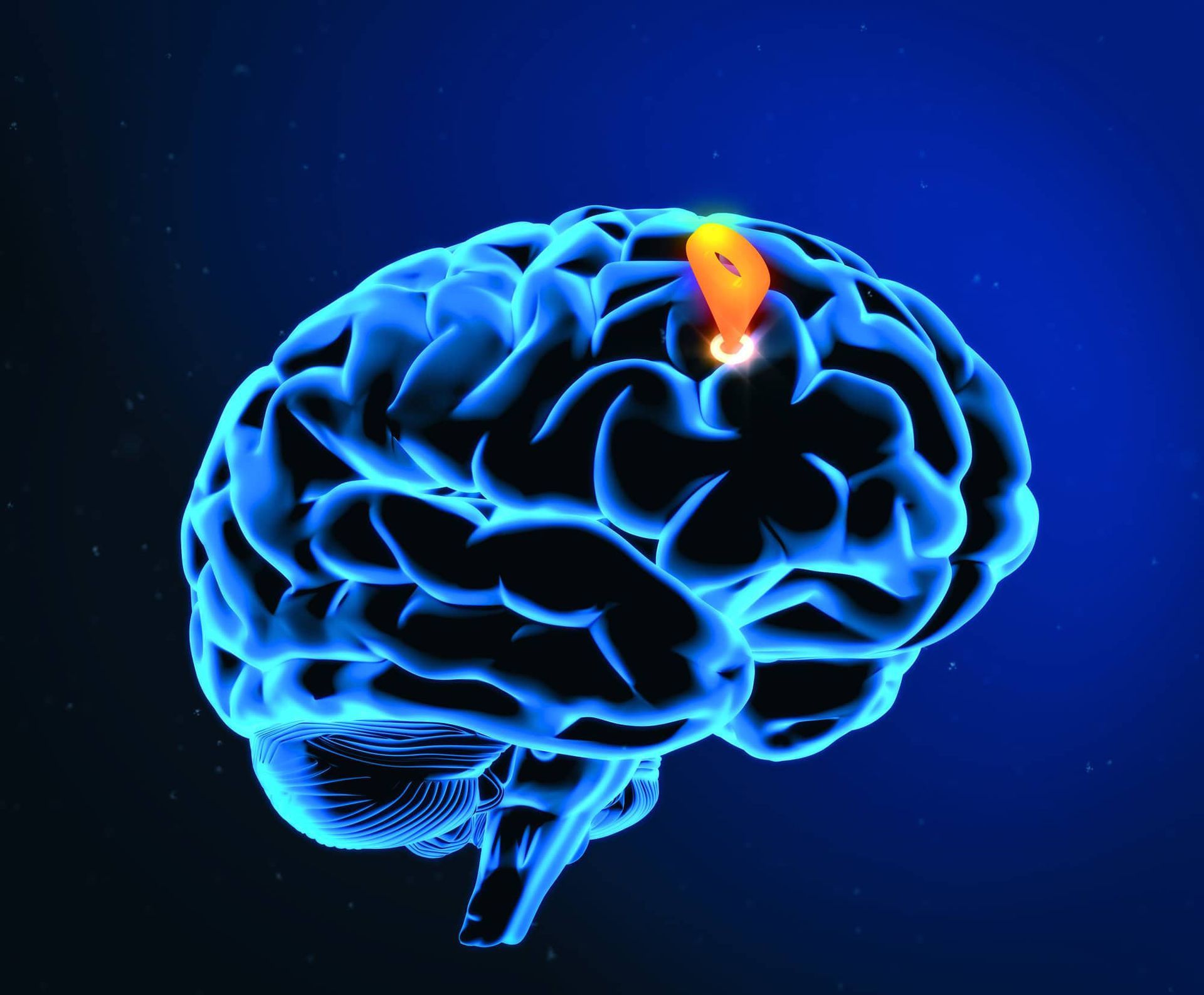
Schedule a Consultation
Get help with depression today!
It's important to know that you are not alone.
Geriatric Depression
Geriatric depression refers to depression occurring in older adults, typically those aged 65 and older. It is a common yet often overlooked condition that can significantly affect the quality of life, health, and overall well-being of elderly individuals. Symptoms of geriatric depression may include persistent sadness, feelings of hopelessness, loss of interest in activities, fatigue, changes in appetite or sleep patterns, and difficulties with concentration or decision-making.
Geriatric depression can arise from various factors, including chronic illness, loss of loved ones, social isolation, and significant life changes such as retirement or moving into assisted living. Unfortunately, depression in older adults is frequently underdiagnosed and undertreated, as many individuals and caregivers may attribute depressive symptoms to the aging process or assume they are a normal part of life.
Why Geriatric Depression Must Be Treated
Untreated geriatric depression can have severe consequences, including:
- Increased morbidity and mortality: Depression can exacerbate chronic health conditions, leading to poorer health outcomes and increased hospitalizations.
- Decreased quality of life: Individuals with untreated depression may experience diminished social interactions, reduced engagement in activities, and a general decline in life satisfaction.
- Cognitive decline: Depression in older adults can contribute to cognitive impairment and increase the risk of developing dementia.
- Increased risk of suicide: Older adults are at a heightened risk for suicide, particularly if they experience feelings of hopelessness or despair.
Effective treatment is crucial for improving mental health, enhancing the quality of life, and promoting overall well-being in older adults.
TMS: A Promising Treatment for Geriatric Depression
Transcranial Magnetic Stimulation (TMS) is an innovative, non-invasive treatment that has shown great promise for treating geriatric depression. TMS uses magnetic fields to stimulate specific areas of the brain involved in mood regulation, making it a suitable option for older adults who may have limited tolerance for traditional antidepressant medications or who have not found relief through conventional treatments.
Benefits of TMS for Older Adults
- Non-invasive and safe: TMS does not require surgery or anesthesia, minimizing risk and discomfort for elderly patients.
- Minimal side effects: Most individuals experience only mild side effects, making TMS a more tolerable option compared to many antidepressants.
- No downtime: Patients can return to their daily activities immediately after treatment, which is particularly beneficial for older adults who may have mobility or health concerns.
- Effective results: Clinical studies have demonstrated that TMS can lead to significant improvements in depressive symptoms, even in individuals with chronic depression or those who have not responded to other therapies.




